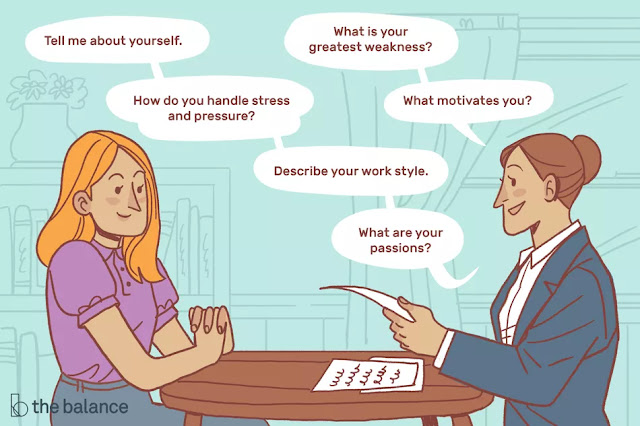It can happen to anyone. You send in your CV and hear absolutely nothing back. Or you attend an interview which appears to go well and then receive zero feedback for the next fortnight.
At some point, there may come a temptation to start calling the hiring manager every day for news.
Don’t go there.
Source of Image: The Internet
PATIENCE (and understanding)
At this time of year, in particular, things take time.
“If the MD is on holiday in France for a few weeks, it can be difficult to get to the decision maker,” says Julia Tustian, a recruitment consultant, at Shepherd Little. “Feedback and decisions take longer than usual.”
“Candidates need to understand that the recruiter is doing everything in their power to progress things,” says a director at another recruitment firm. “If they have feedback, they will pass it on. Sometimes candidates seem to think recruiters are acting against their interests, and this is not the case.”
SELF AWARENESS (and self-restraint)
“Type A people are noted for their competitiveness, freneticism, aggression and desire to get on,” says Adrian Furnham, professor of psychology at UCL. “If something is out of their hands, they like to have control and to influence the outcome. There’s nothing wrong with being pushy, but you need to know when to step back from that.”
One recruitment consultant told us he’d received five calls over the past 24 hours from one candidate asking for interview feedback. “There’s a slight desperation about it,” he mused.
ACCEPTANCE (and blunt realism)
If you’ve got a background in financial control and you’ve sent in your CV for a role in equity research, should you really be surprised when you hear absolutely nothing about it? Any kind of chasing in this circumstance will be annoying.
“The candidates who chase their applications the hardest are generally the ones who are furthest from what we’re looking for,” says a director of another recruitment firm. “If I’ve asked for a square peg, and you’re round, please don’t bother calling me up.”
EMAILS (and not phone calls)
Ideally, recruiters would prefer to be chased by email rather than pestered by phone. “A reminder email can be a good thing,” says one. “Particularly if someone’s slipped through the net.”
“It can help to send an email asking if there’s anything you can do to move things along,” says another recruiter. “But emails should be twice a week, not twice a day.”
“There is no advantage in trying to push people,” concludes Furnham. “It’s acceptable to subtly enquire what the timeline for decision making is, but to go further than this would be unwise and could suggest you’re inappropriately trying to influence their decision making.”
www.efinancialcareers.co.uk
